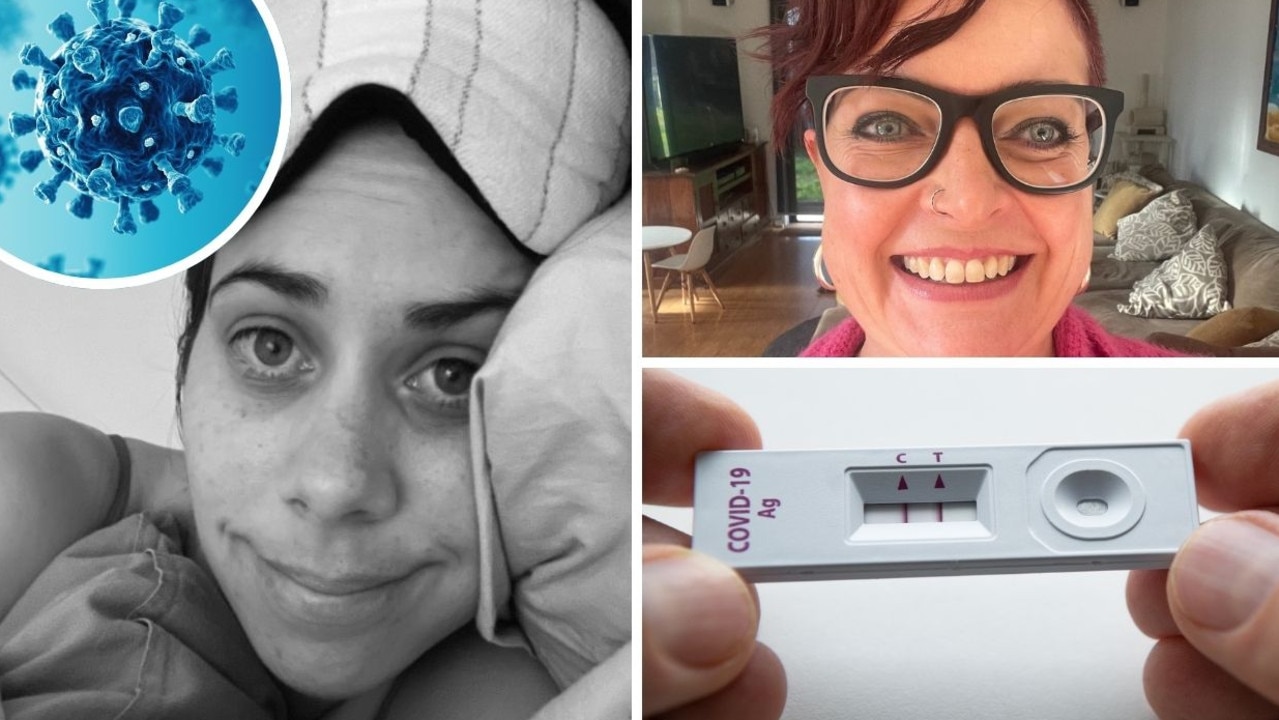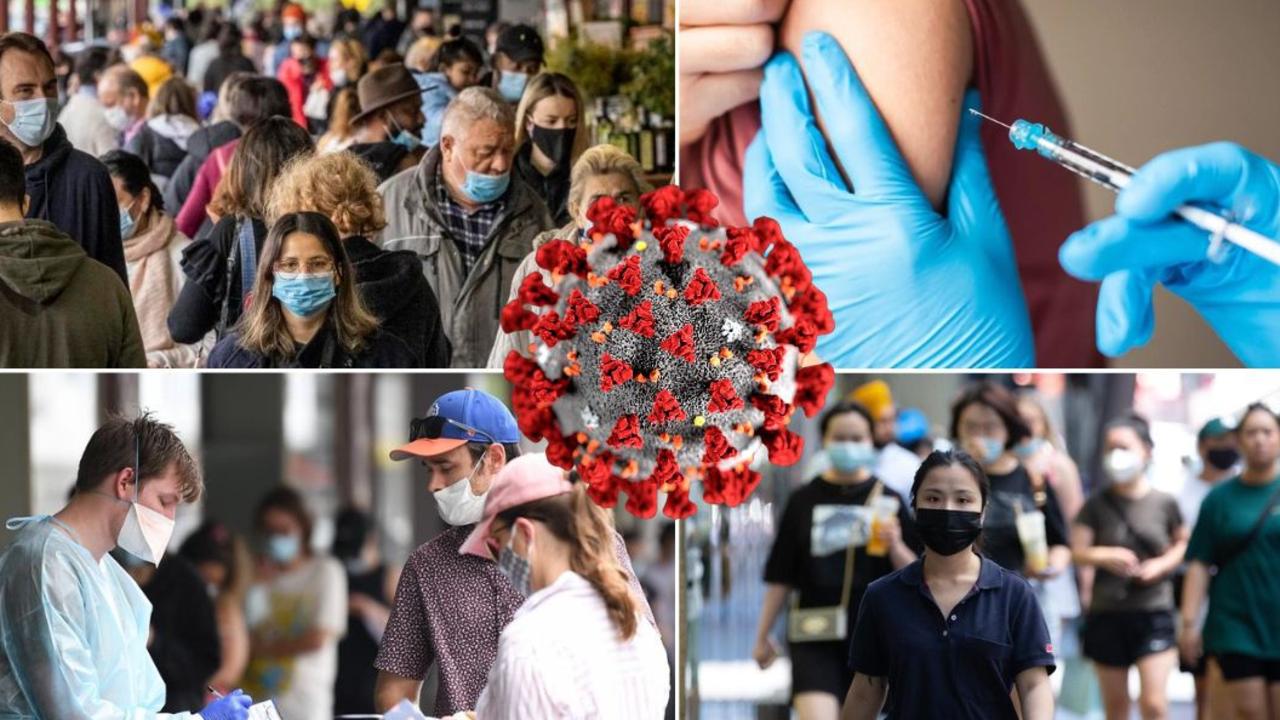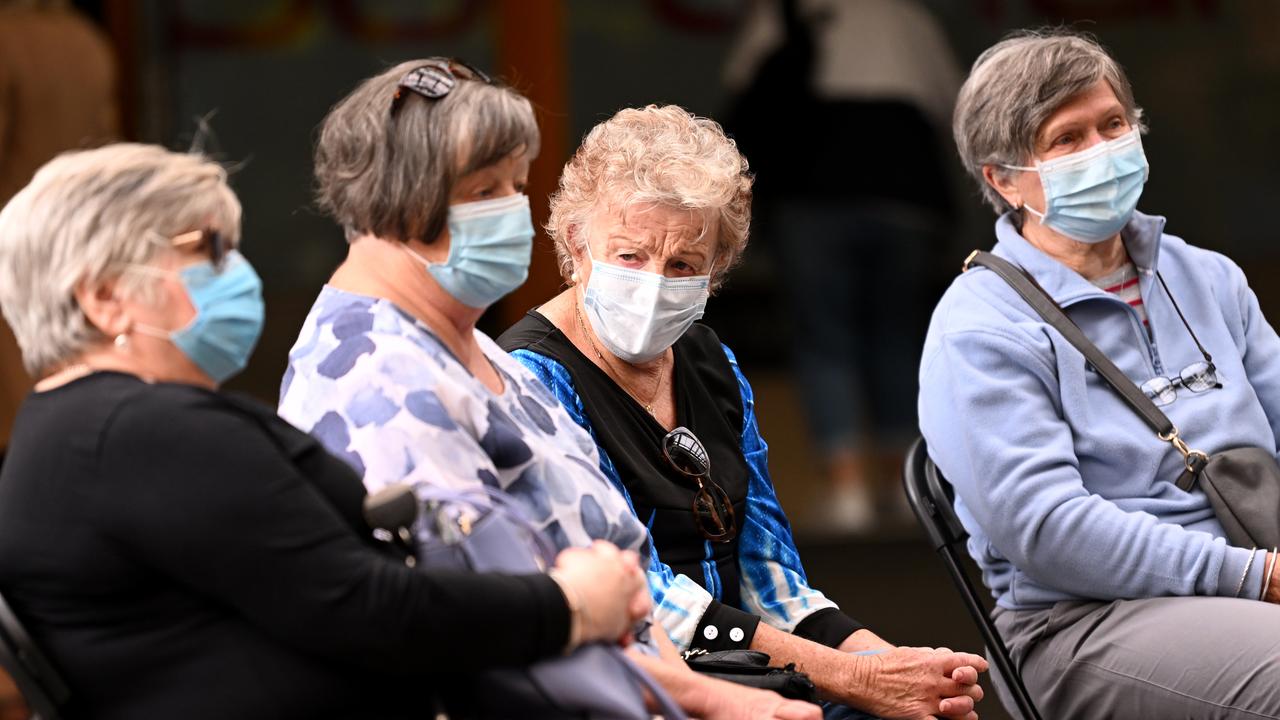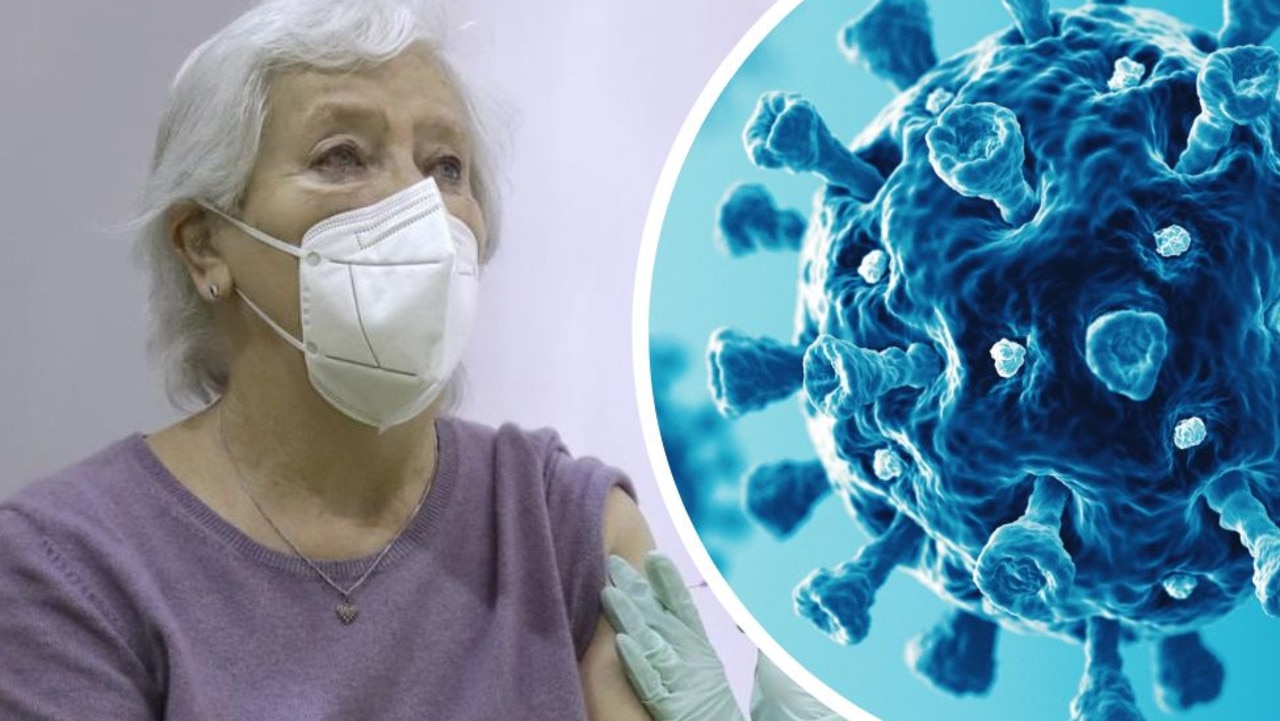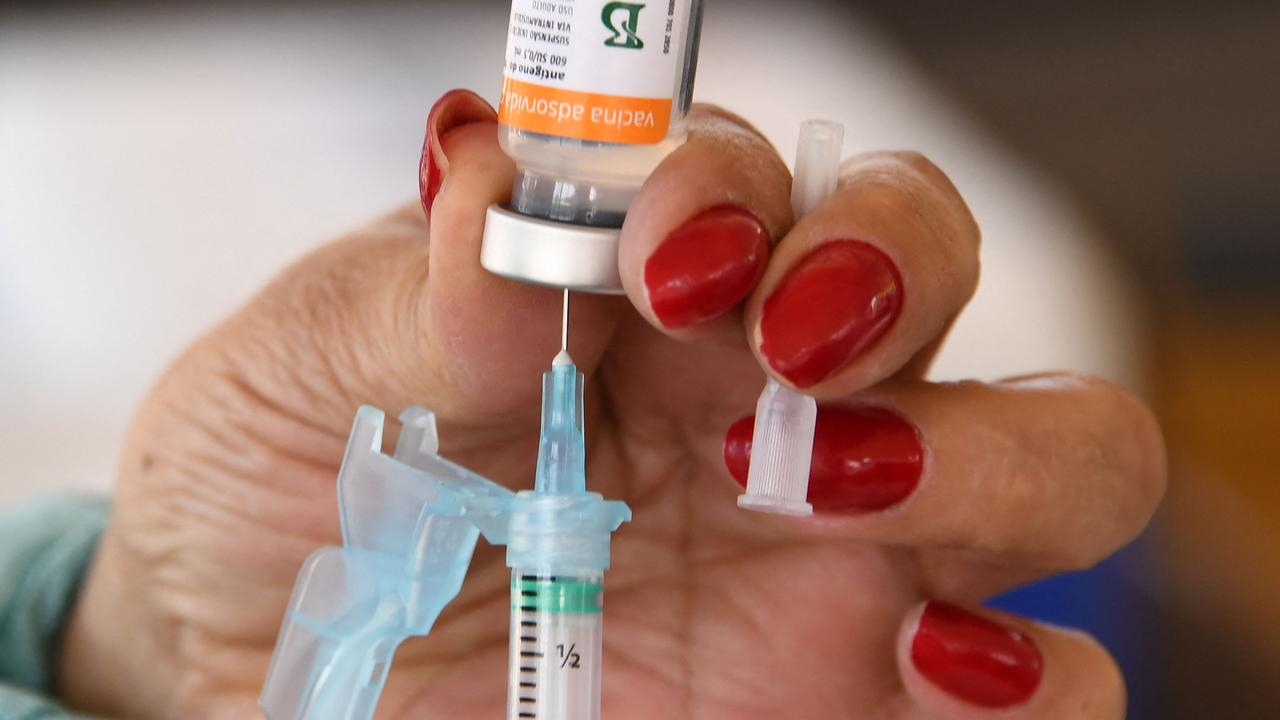‘Shock diagnosis’: Aussies wait too long to detect cancer
An Aussie teenager was one of thousands who are living with undiagnosed cancer due to Covid-19 delays.
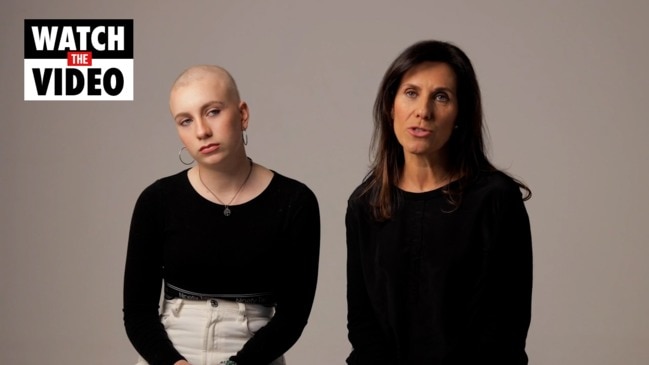
Coronavirus
Don't miss out on the headlines from Coronavirus. Followed categories will be added to My News.
Exclusive: Thousands of Australians may be living with undiagnosed cancer because they failed to see their GP during what health groups are calling “symptom hesitancy” during the Covid-19 pandemic.
During the first wave of the COVID-19 pandemic in 2020, there were 148,000 fewer diagnostic procedures for breast, colorectal, lung, and prostate cancers compared to the same period in 2019.
And between January and September 2020 there were nearly 2,000 fewer cancer surgeries compared to 2019.
Fourteen of Australia’s key cancer groups will today launch a new advertising campaigning to encourage people to have their regular cancer screens and to go to their GP if they are worried about symptoms.
The New Normal Same Cancer campaign urges people not to brush off or ignore symptoms such as unexplained weight loss, tiredness, unexplained aches or pains, or an unusual lump or swelling.
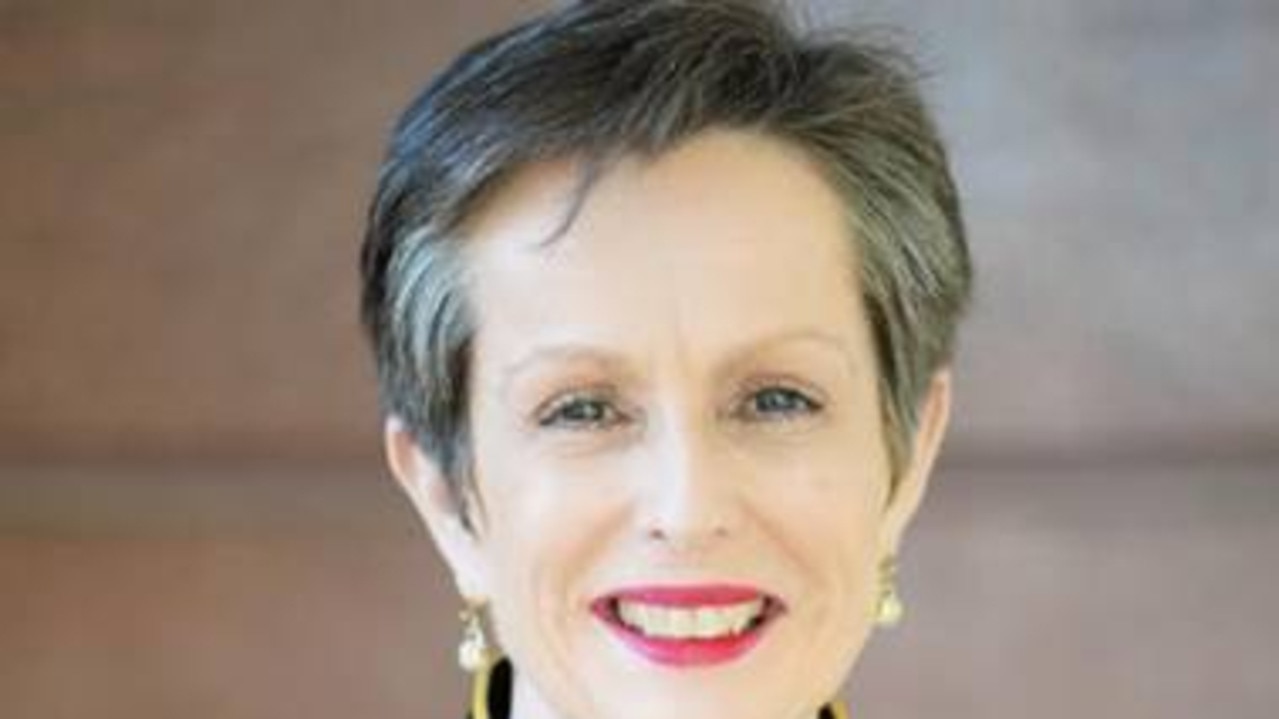
The campaign comes as BreastScreen NSW announced breast cancer screens at some clinics had been cancelled as a result of Covid-19 outbreaks in the state.
“Women experiencing breast symptoms should see their GP without delay to get a referral for diagnostic testing,” said the service which will contact women to rebook their screens later.
Delays in diagnosing and treating cancer may lead to a more advanced stage of the disease at diagnosis and result in poorer patient outcomes, Cancer Australia chief Professor Dorothy Keefe said.
“We want to find cancers early so that they’re curable,” she said.
“Unfortunately, cancer won’t wait. It’s really important to know your body and know the symptoms to look out for,” she said.
Doctors are seeing people at a later stage of diagnosis when the tumour is larger and has spread.
“You might have gone from having a tiny tumour that could have been taken out in operation with no more treatment needed to a slightly bigger tumour that needs radiotherapy and or chemotherapy,” Professor Keefe said.
“It is no longer curable, and will eventually lead to death,” she said.

It took four visits to doctors and months for 15 year old Sydney high school student Anais to get her shock diagnosis of ovarian cancer last year.
Feeling bloated and in a lot of pain she visited two GPs and a hospital to be told she had a minor stomach complaint, and on another occasion a sinus infection.
Finally an ultrasound was ordered.
“They found a tumour on each one of my ovaries. One of them was 23 centimetres, and the other one was 10 centimetres,” Anais said.
Because the symptoms were dismissed Anais’s mother Isobel said she was reluctant to keep taking her daughter to health services during the pandemic because of the risk of catching Covid.
“Because of Covid I probably waited longer to go into the GP and to have her checked” her mother Isobel said.
“I wasn’t even allowed to see my siblings in hospital, only one parent at a time and I haven’t been able to see my friends at all during the whole time,” said Anais.

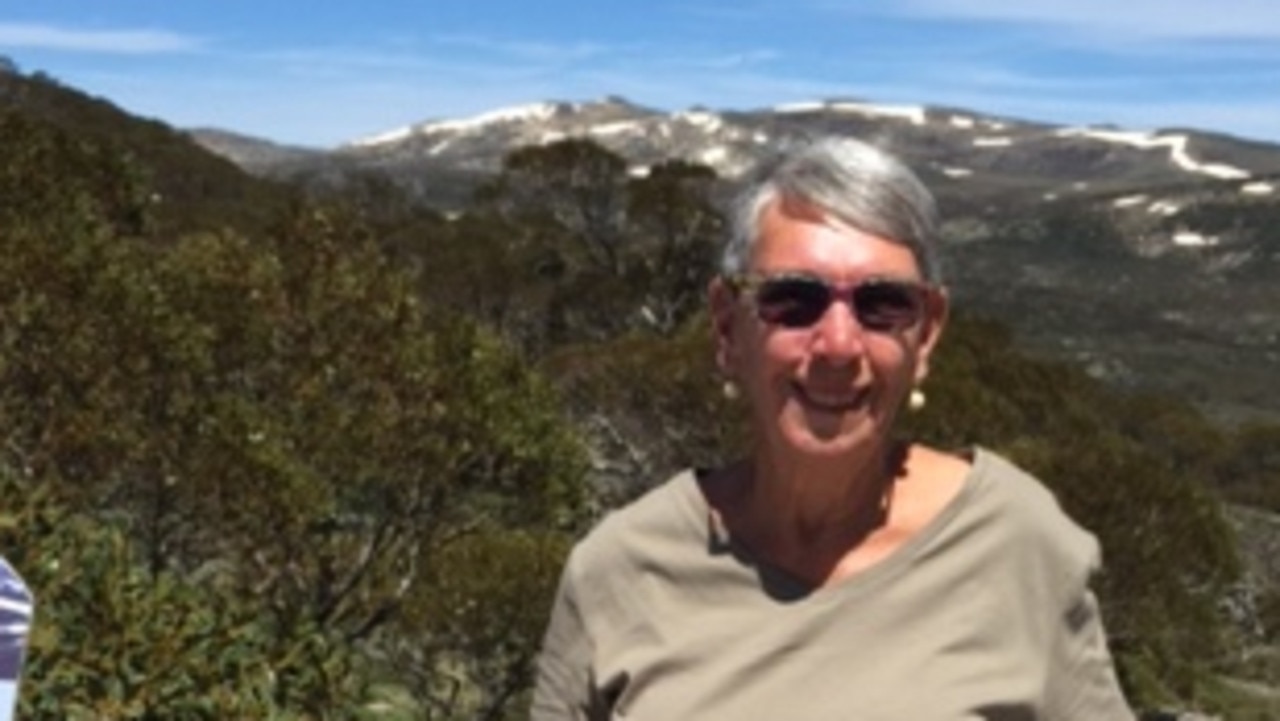
Albury grandmother Patricia Meehan aged 76 diagnosed with rare neuro endocrine tumours in 2016 knows first- hand the dangers of delaying cancer diagnosis.
Delay in doctors reaching her diagnosis meant “the tumours had metastasised to several parts of my body, including the liver and now have metastases on my left ovary, my chest cavity and the primary is in the small intestine,” she said.
To control the cancer she needs peptide receptor radiotherapy at Peter MacCallum Hospital in Melbourne.
As a result of lockdowns the train from Sydney to Melbourne now terminates in Albury and Mrs Meehan needs special permission to go to Wodonga to catch the train to Melbourne.
“If I get one of my friends to transport me across to Victoria there’s the implications for them and it depends a bit on whether you get an officious police person or not,” she said.
Medical tests for the age pensioner that were free at Peter MacCallum hospital are highly expensive in Albury with regular PET scans costing her $450 and blood tests $115.
More Coverage
Originally published as ‘Shock diagnosis’: Aussies wait too long to detect cancer





